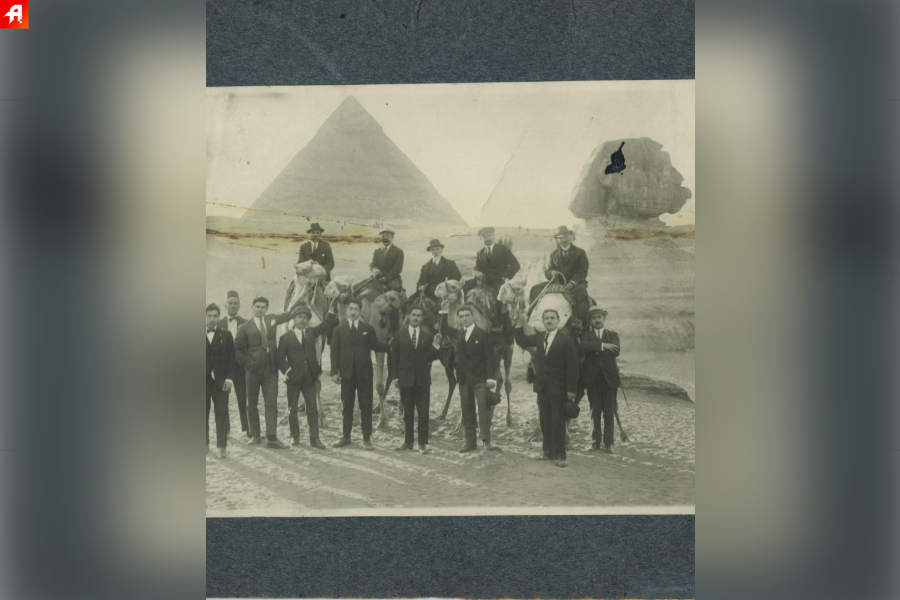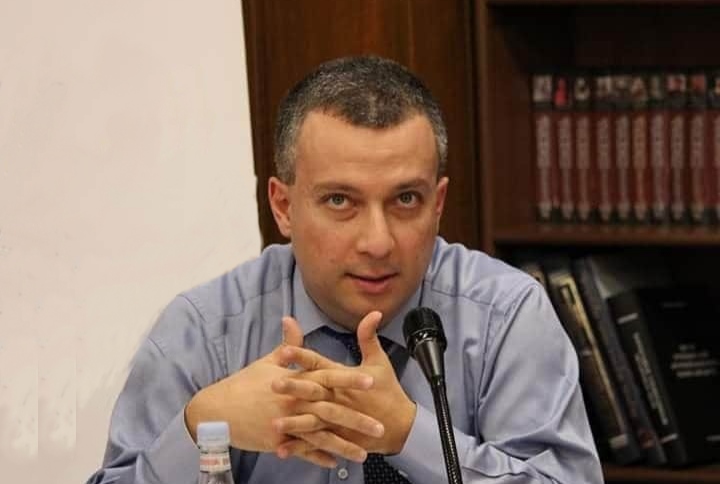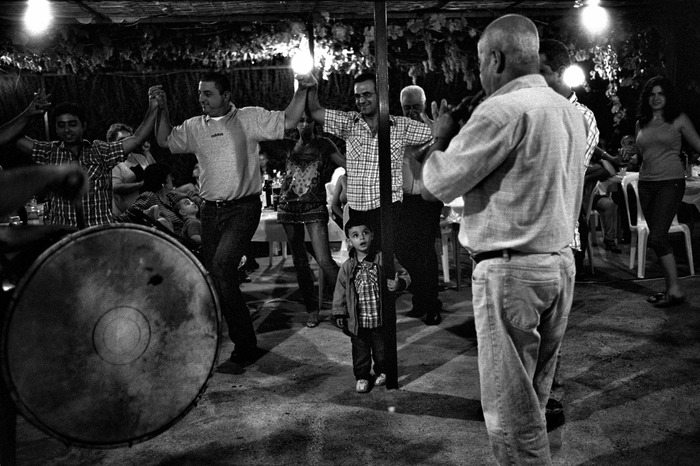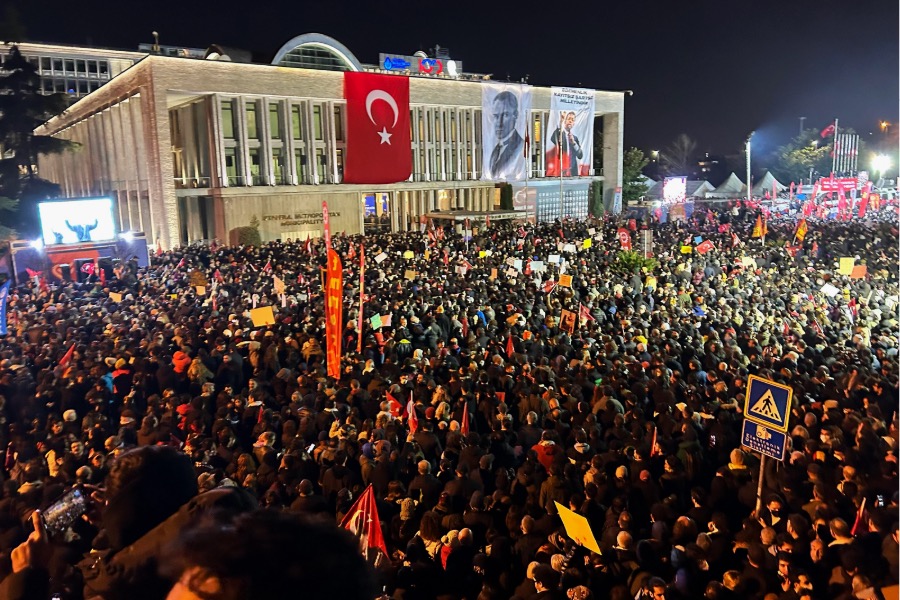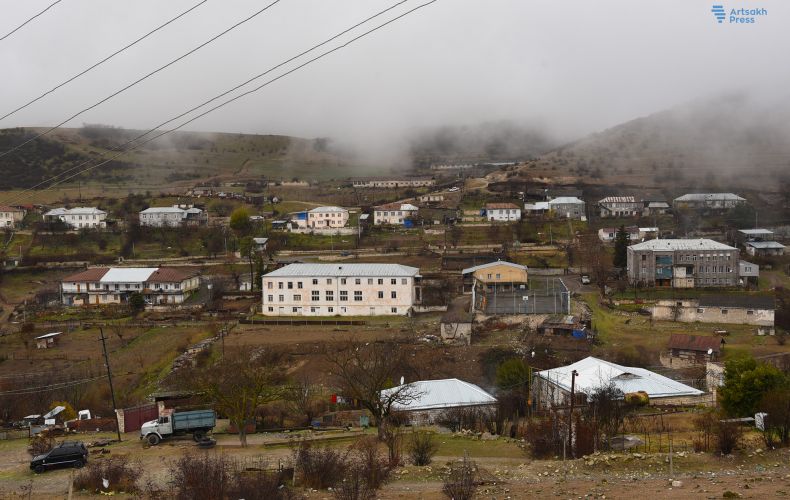

While the world’s attention is focused on the war in Ukraine, tensions are on the rise in Nagorno Karabakh. The 2020 war devastated the region economically and left Karabakh fully encircled by Azerbaijan with only one five-kilometer long corridor connecting it with Armenia. The November 10, 2020, trilateral statement signed by Armenia, Azerbaijan and Russia envisaged the end of hostilities, the deployment of Russian peacekeepers for the initial period of five years and fixed Azerbaijan’s territorial gains. However, the statement did not solve the core issue of the Karabakh conflict – the final status of Nagorno Karabakh. The two additional trilateral statements signed in Moscow on January 11 and November 26, 2021 did not touch the status issue and were focused on restoration of communications and the start of the Armenia-Azerbaijan border delimitation process. The deployment of the Russian peacekeepers in Karabakh brought much-needed stability in the region, even though Azerbaijan continued its policy of putting pressure on Karabakh Armenians seeking to push them out from the region. Several Armenian civilians were killed, and others were wounded. However, it seemed that the presence of Russian troops would prevent the resumption of large-scale hostilities.
The February 22, 2022 Russia-Azerbaijan declaration on allied interaction was perceived as a Russian step to foster relations with Azerbaijan and balance growing Turkish influence there. After the 2020 Karabakh war, Turkey imposed complete control over Azerbaijani armed forces; the June 2021 Shushi declaration intended to raise the bilateral relations to a new level of cooperation. As Russia was seeking to increase its influence in the post-Soviet space, it could not simply wait and watch Turkey’s gradual takeover of Azerbaijan. As for Karabakh, the declaration seemed to clear the path for the smooth extension of the deployment of Russian peacekeepers beyond 2025. Russia reiterated its position that it perceives Nagorno Karabakh de jure as part of Azerbaijan, while Baku agreed to accept de facto Russian control over the 3,000 square kilometer of territories, which Azerbaijan was unable to take during the 2020 Karabakh war.
On February 24, 2022, Russia launched its “special military operation” in Ukraine. Russian leadership knew on February 22 that war would start in two days. Thus, the declaration signature on allied interactions with Azerbaijan seemed like a Russian policy to secure stability in the South Caucasus, while Russia would concentrate its attention on upcoming long-term confrontation with the US and the West in general.
However, in recent days Azerbaijan started escalation along the line of contact in Karabakh. Azerbaijani forces started attacking several villages along the line of contact, using automatic rifles and, for the first time since November 2020, mortars. They have also been using psychological pressure tactics by turning on loudspeakers with Armenian language texts demanding that the population from several villages leave their lands. On March 8, 2022, the only gas pipeline providing gas from Armenia to Karabakh was damaged in the territory controlled by Azerbaijan. There are no credible reports about the exact reason for the accident. However, Azerbaijan continues to deny access to Armenian relevant services to the area, thus leaving an entire population of Karabakh without a gas supply in the cold winter months. Azerbaijan’s Ministry of Defense says that Armenian forces are shelling Azerbaijani positions along the line of contact in Karabakh. However, it makes no sense for Karabakh to escalate the situation and give a pretext for Azerbaijan to escalate further while being almost entirely encircled by Azerbaijan.
The recent actions by Azerbaijan are in line with its strategy to create a sense of insecurity among Karabakh Armenians and force them to leave Karabakh, a strategy which Azerbaijan has implemented since November 2020. While keeping the strategy the same, Azerbaijan, after the start of the war in Ukraine, changed the tactics, using mortars and economic and psychological pressure tools. The behavior change is probably connected with the delicate balance in Russia-Turkey relations after February 24. Turkey is the only NATO member state which did not join sanctions against Russia, and as of now, keeps positive neutrality toward the Kremlin. As long as Turkey adheres to this line, Russia will avoid any unnecessary irritants in its relations with Ankara. Any incident between Russian peacekeepers and Azerbaijani soldiers in Karabakh will impact Russia-Turkey relations. Russia is now more restricted in its actions in Karabakh. It does not mean that if Azerbaijan crosses the red line and starts to kill Russian peacekeepers, Russia will not react. However, any Azerbaijani action below the deliberate assassination of Russian soldiers will trigger less Russian reaction than before February 24.
Azerbaijan knows this and will continue to carefully walk this tightrope of increasing pressure on Armenians in Karabakh while not crossing Russia’s red lines. Since Armenia gave up its role as a security guarantor of Nagorno Karabakh and has no intention to protest actively, the Armenians in Karabakh should rely on themselves to resist increased psychological, economic and military pressure on Azerbaijan.




